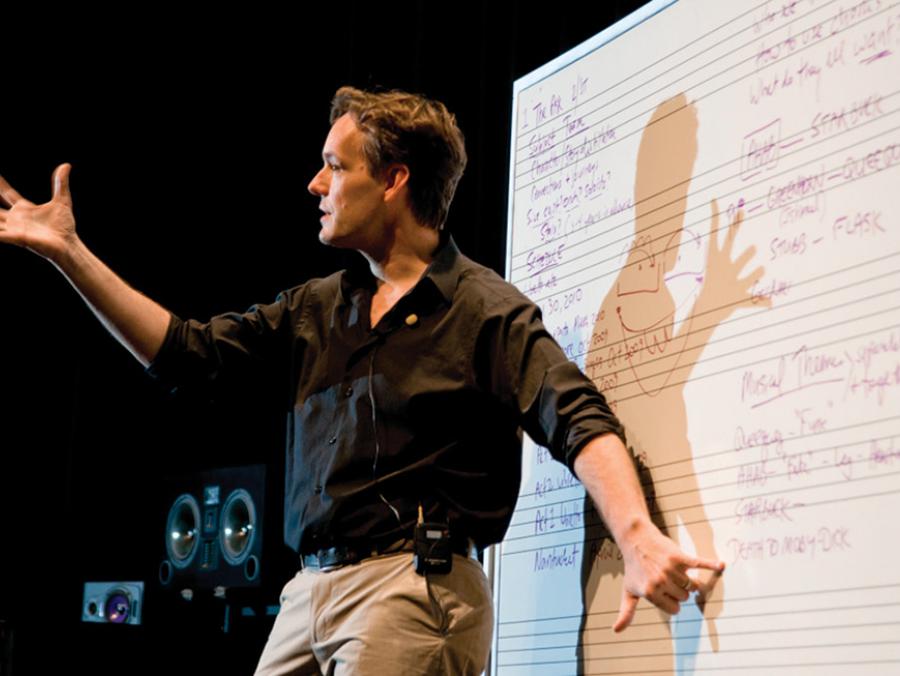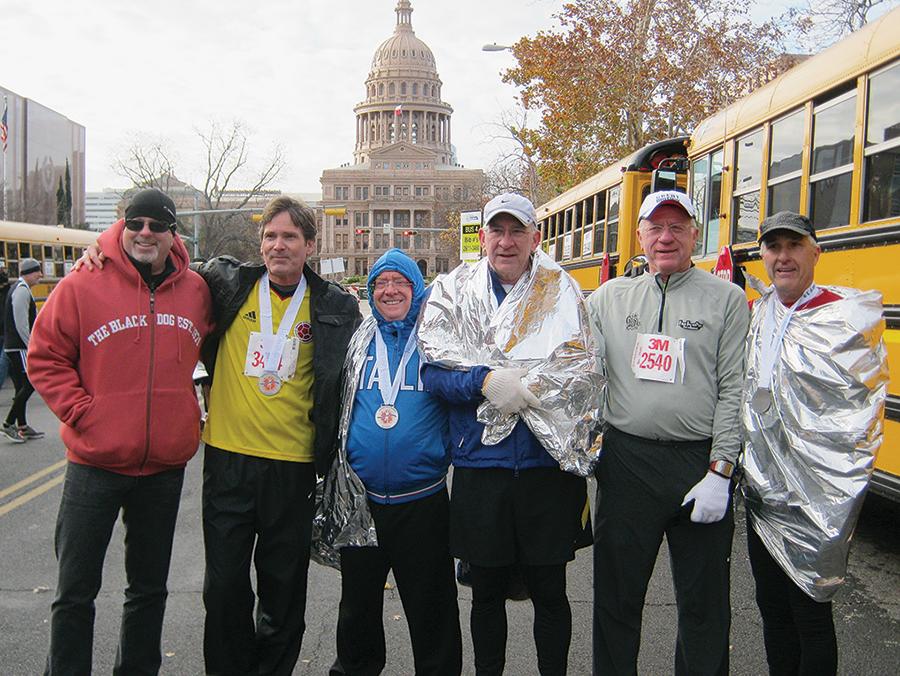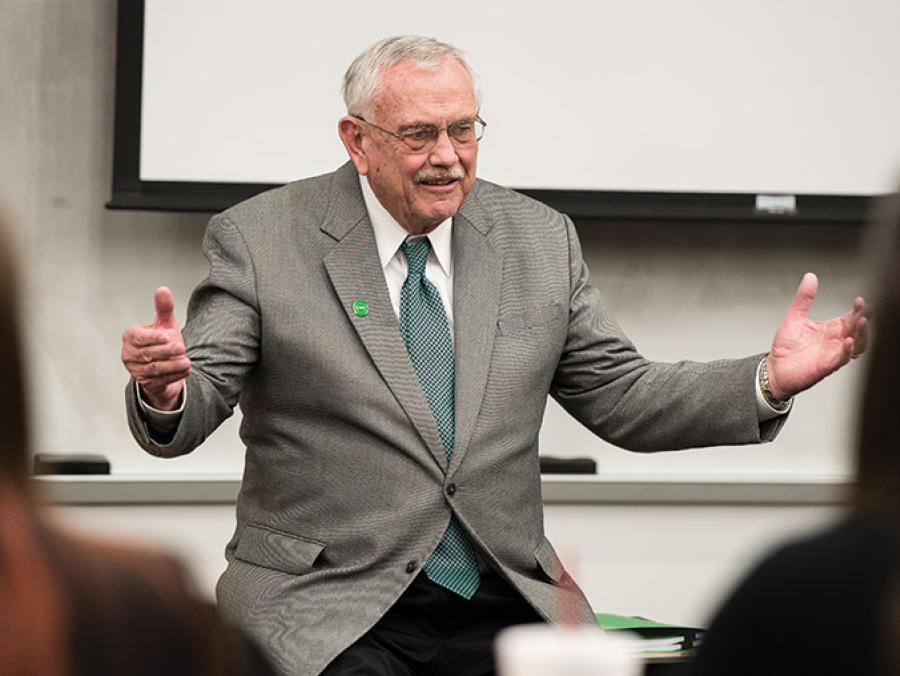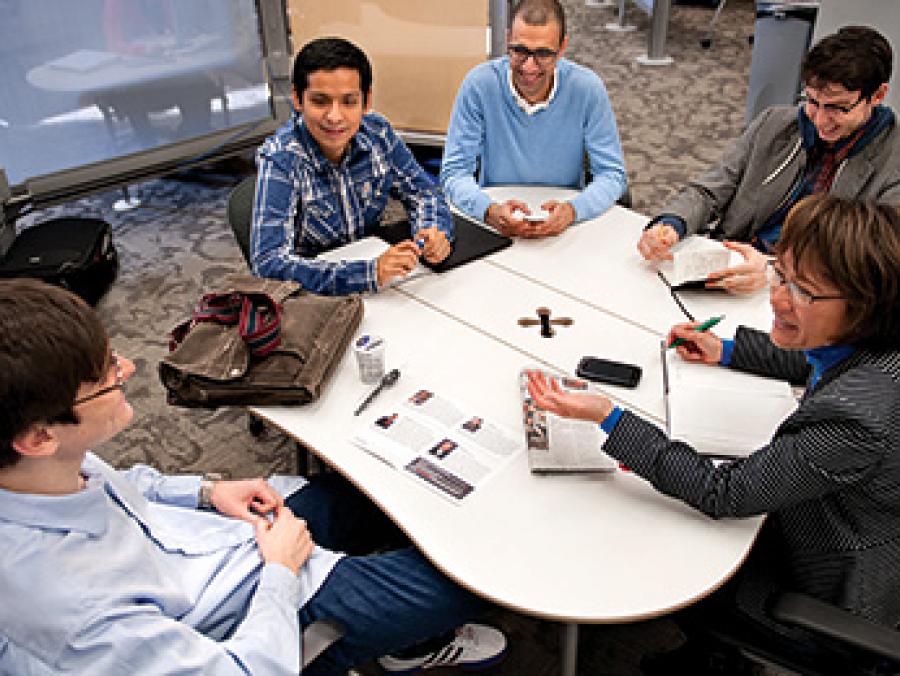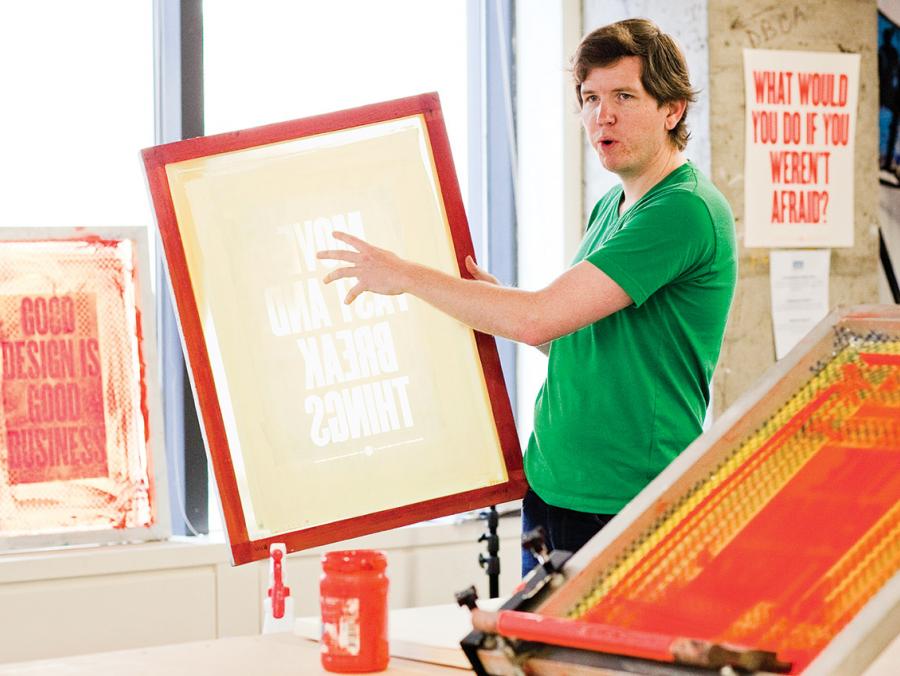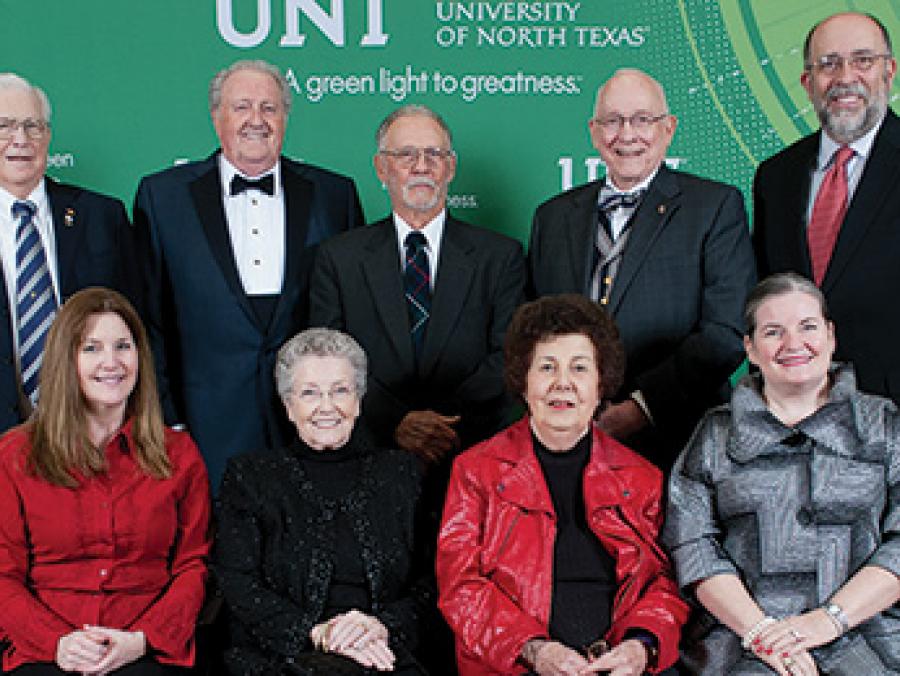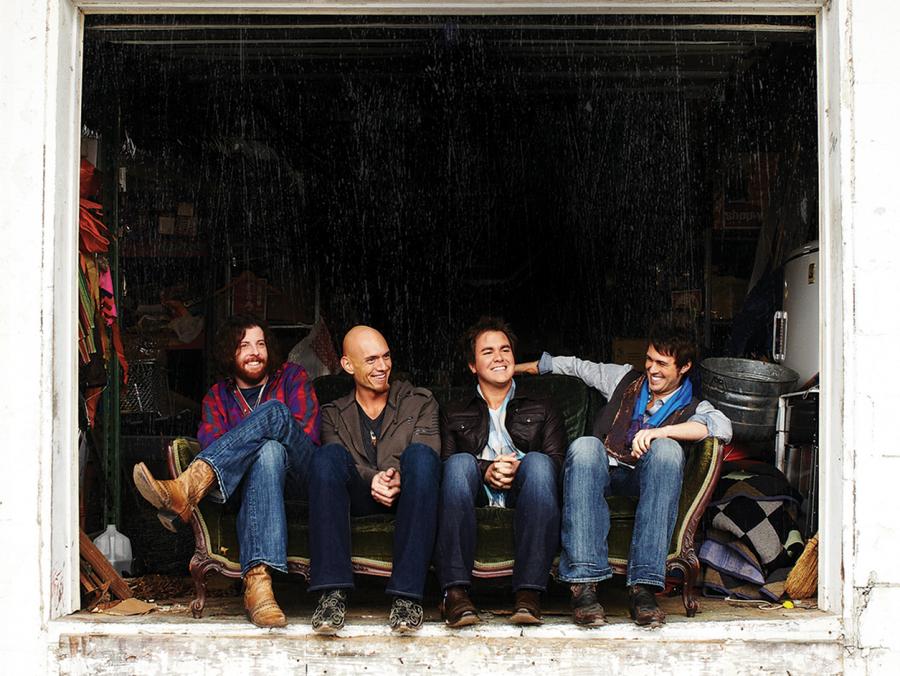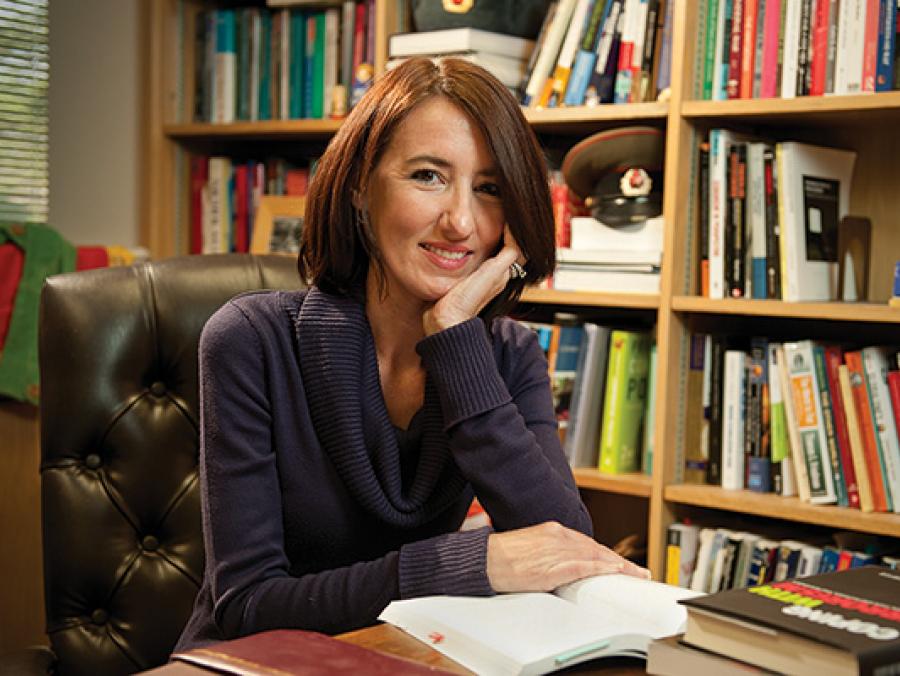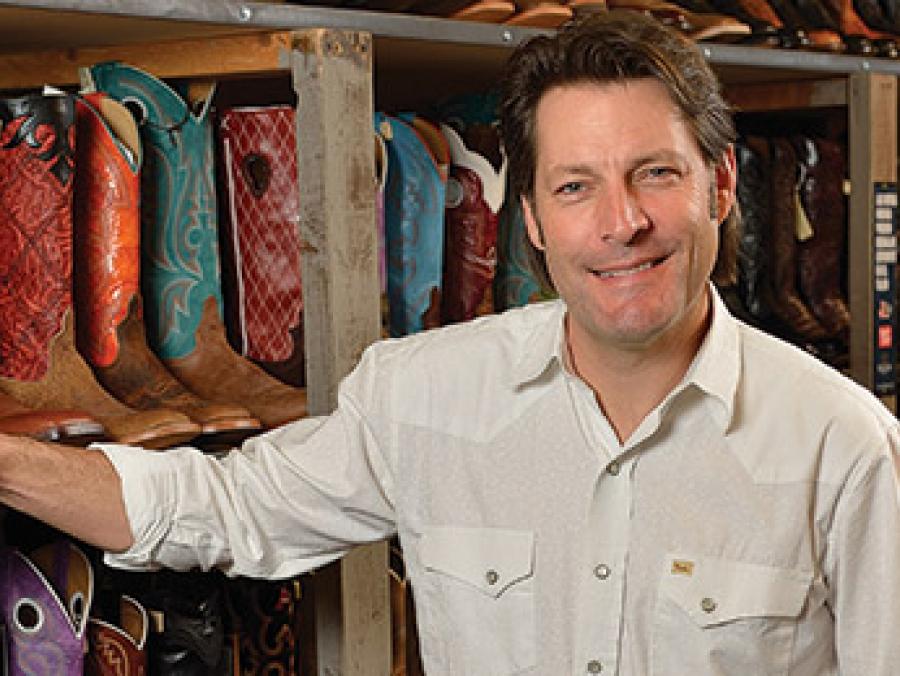How can couples keep love in the air?
 In his anguished couplet to missed opportunity, Victorian-era poet Alfred Lord Tennyson wrote, "In the Spring a young man's fancy lightly turns to thoughts of love."
In his anguished couplet to missed opportunity, Victorian-era poet Alfred Lord Tennyson wrote, "In the Spring a young man's fancy lightly turns to thoughts of love."
Today, in our media-saturated world, reminders of romance are with us in news, sports, movies and music, as well as literature. Romantic relationships at different times can be fun, crazy and incredibly frustrating. And they take work, says Julie Leventhal, lecturer in educational psychology who teaches Courtship and Marriage, a development and family studies class in UNT's College of Education.
"Even when you have been in a committed relationship for 50 years," she says, "you are still putting in the effort toward making it a vibrant and meaningful shared experience."
Leventhal reminds couples that there's no secret to finding a fulfilling relationship, but it does require effort and understanding:
Work at it
- Don't believe the common myth that when a certain point in a relationship is reached, it becomes easy. Even long-term relationships require work.
- Commit to communication. Try to understand your partner's needs and feelings.
Avoid expectations
- A "good" romantic relationship doesn't necessarily involve date nights or lovey-dovey feelings.
- Know what works for you and your partner. Some equate love with gift giving and some don't, and some are comfortable with public displays of affection while others are not.
Recognize differences
- While your differences might sometimes drive you crazy, they are part of what brings fire and life to a relationship.
- Understand there is no one recipe for a romantic relationship. We can define relationships in a variety of ways (for example, "traditional," same-sex, cohabitation without a license).
- As a good example of differences within and across relationships, check out the movie Love Actually. It covers different aspects of relationships, including traditional courtship rituals (boy meets girl, boy falls in love with girl, boy and girl live happily ever after), cultural and societal barriers to dating, work/life balance and even relationship struggles (for example, infidelity, unrequited love).
Watch a video of Leventhal discussing relationships







